source: New York Times
Facebook is going to examine the patience of its some users in against of hundreds of million of dollars it could make on video advertisement. Ads will be placed into some news feeds - Facebook page will display the stream of items. Now starting from this week some of Facebook users will see video ads in their news feeds. In the beginning Facebook will only make visible video ads at a short span of people.
Video ads will be nestled between photos of giggling babies, some personal items on the site, video will kick off by default in muted mode. Facebook users will have to pocket the new ads, particularly in their mobile Facebook. In the start of year, Facebook was criticized a lot due to its sluggish development in mobile devices. Now, half of the company’s advertising revenue is derived from its mobile audience, which helped push the company’s share price up 100 percent over the last year, to $54 a share.
The video ads, if poorly received, could risk that growth, but they also present a tremendous opportunity. Digital video advertising spending is expected to hit $4.15 billion by the end of this year, a 23 percent increase over last year, according to the market research company eMarketer. YouTube has the biggest slice of that spending, at about 20 percent.
Sterne Agee, a research firm, projects Facebook could command as much as $3 million a day in video ads, which could represent as much as 10 percent of the company’s advertising dollars in 2014. Facebook had $1.8 billion in advertising revenue in its most recent quarter.
Facebook has taken steps to assure people its video ads won’t be too annoying. The videos are silent unless a user taps, clicks on the ad or enlarges it to a full screen.
For data-guzzling mobile devices, the company said that videos would be downloaded in advance when the device was connected to Wi-Fi. So if someone checks Facebook when a device is connected through a cellular network, it will rely on predownloaded versions of the video ads, keeping it from consuming too much data, a concern for people whose phone contracts have a monthly limit on the amount of data they can use.
At the end of each video ad, Facebook will show two other video advertisements that users can click or tap to view, if they choose.
To start, Facebook is working with Summit Entertainment to show video previews promoting a coming movie called “Divergent,” a science-fiction thriller starring Shailene Woodley and Kate Winslet.
Facebook plans to eventually introduce the video ads to a broader audience, though it did not indicate when that would happen. But if early reactions on social media are any indication, Facebook has work ahead convincing users that its ads won’t be a problem.
“Thanks for implementing a feature that will slow my browsing down considerably, and eat into my monthly data allowance,” a user by the name of English Davis wrote on Facebook. “Really appreciate how much you care about your actual users! All this ad revenue won’t mean anything when you’ve driven everyone away.” Another user, named Brigette Meskey, wrote, “If it irritates me as much as I expect it will, I will be using FB a lot less.”
Facebook said that it had been testing video content on its site since September, and that the early response led it to continue with the introduction.
“As a result, we’ve seen views, likes, shares and comments increase more than 10 percent,” the company wrote in a blog post.
Reaction on Wall Street was muted, with Facebook’s share price up 1.95 percent Tuesday.
This is not the first time that Facebook has had to balance its desire to increase ad sales with the demands of customers. The company has long tinkered with its site design and has frequently introduced changes to its privacy settings.
Andrew Frank, an analyst at the research company Gartner, said that Facebook would tread lightly with the mobile ads and would use the limited test as a trial balloon, but he added that he doubted users would mind very much.
“I find it hard to believe it’s going to move the needle very much or have an outcome that will contribute to a mass exodus from Facebook or anything,” Mr. Frank said.
The bigger goal, he said, is probably grabbing even a tiny slice of television advertising, which is worth $66 billion annually, according to eMarketer.
“Clearly, there are a lot of ifs in that question,” Mr. Frank said. “What’s at stake is whether or not Facebook is an attractive vehicle” for the kinds of branding ad campaigns so often seen on television.
.jpg)

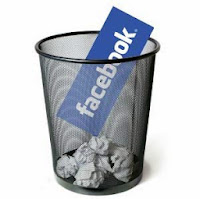

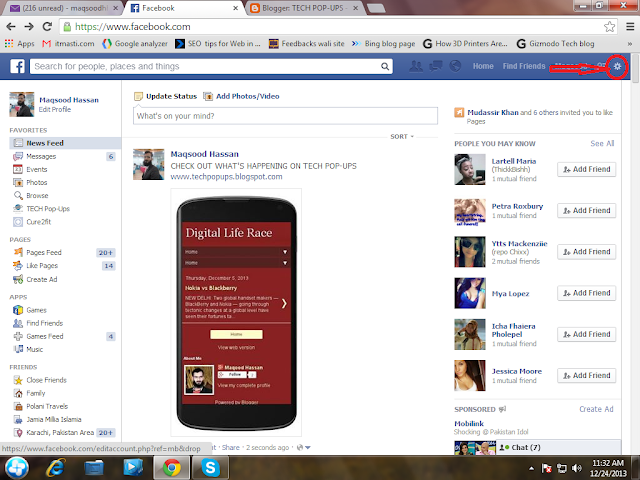

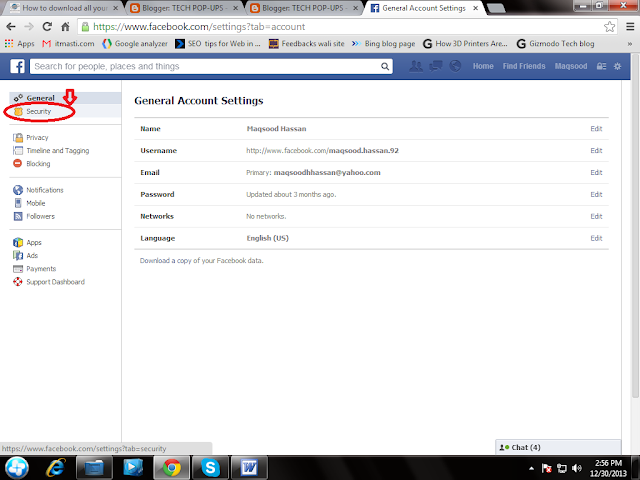
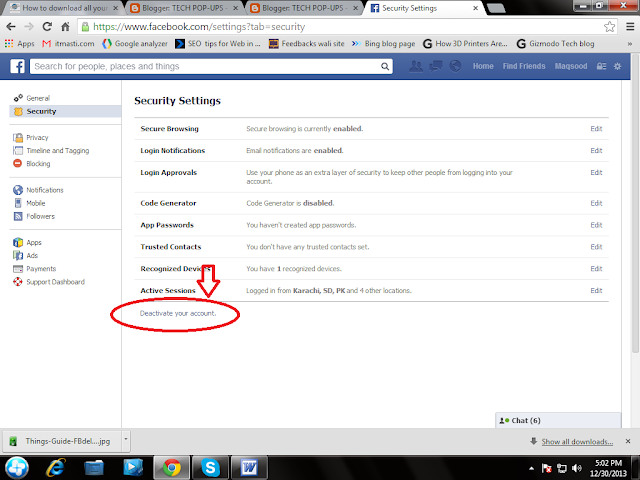

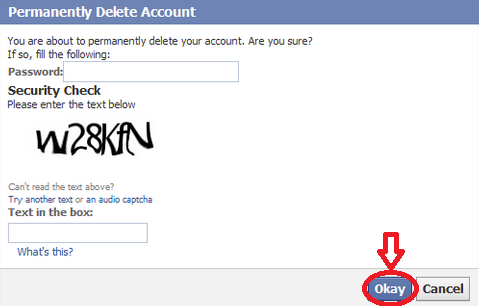


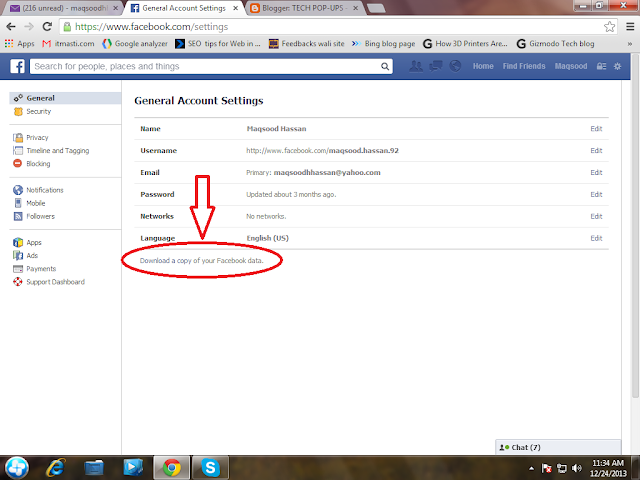



.jpg)




